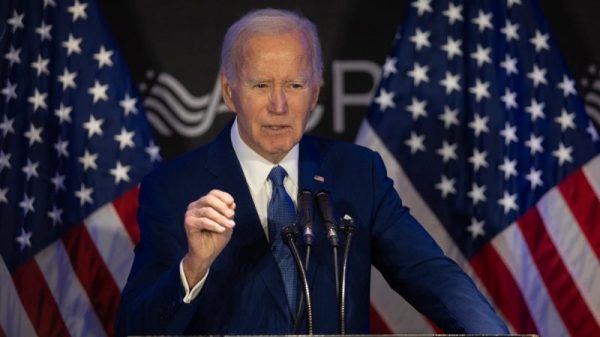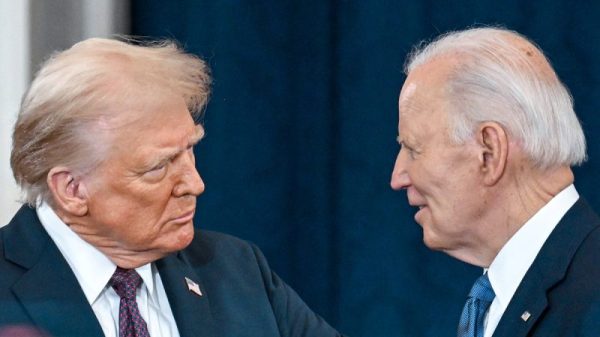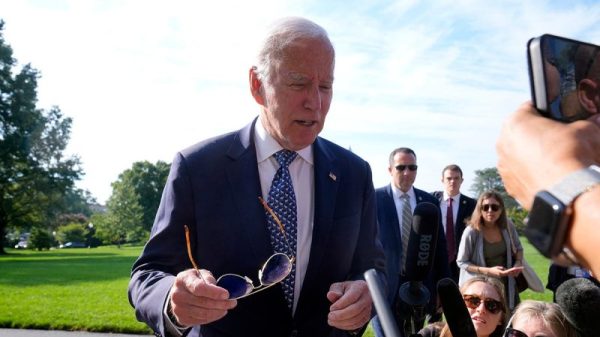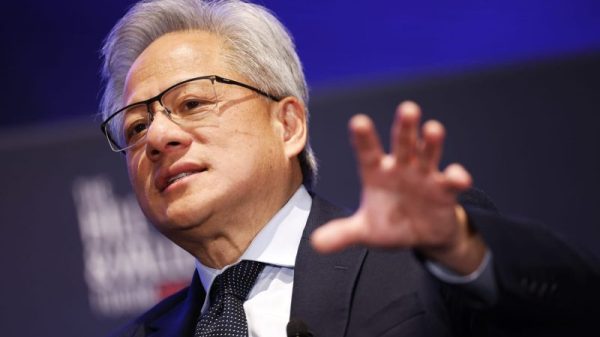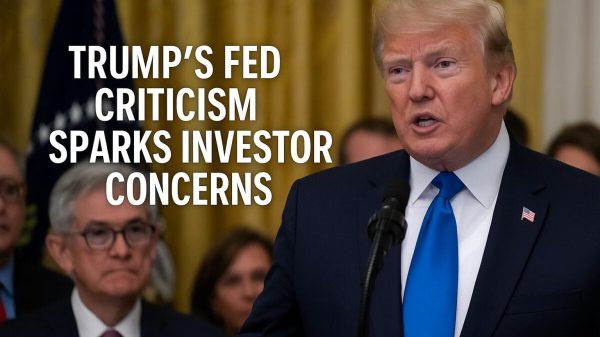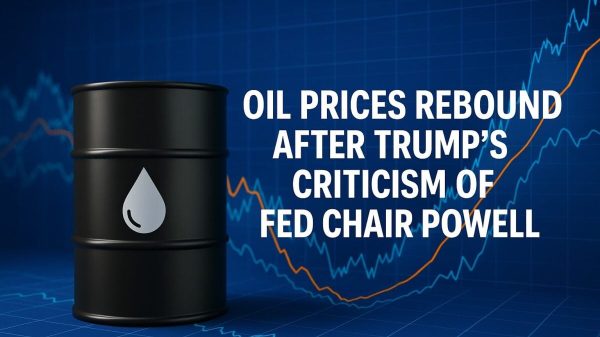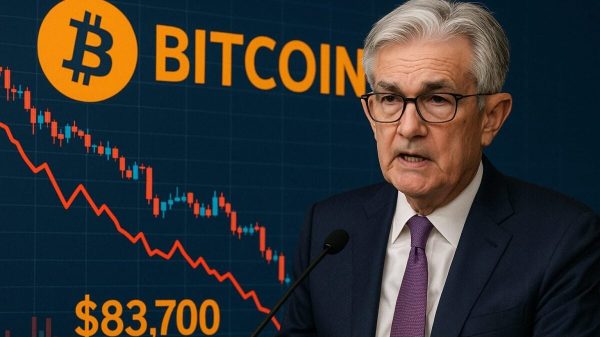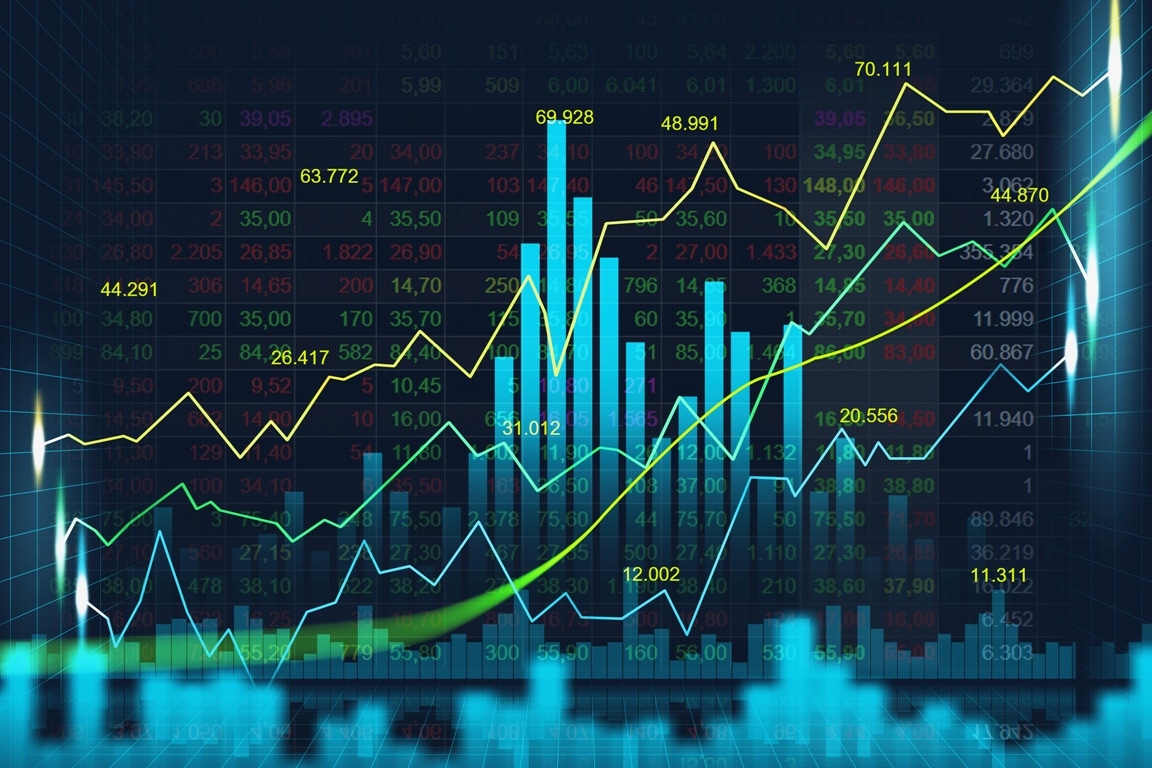Navigating Asia’s Markets with Single Stock Futures
In a world where financial landscapes are ever-evolving, investors are constantly on the lookout for innovative opportunities. Single stock futures are echoing through the corridors of the market, capturing the attention of astute investors seeking to capitalise on the dynamism of Asia-Pacific markets. As we delve into the intricacies of these futures and explore the broader market trends, it becomes evident that the winds of change are blowing, ushering in new possibilities.
Asia-Pacific Markets: A Tapestry of Mixed Fortunes
A tapestry of mixed fortunes unfolds as the sun rises on Asia-Pacific markets. The recent volatility in the region, with Hong Kong’s Hang Seng index experiencing a 1% dip and mainland China’s CSI 300 index hitting its lowest since February 2019, raises questions about the stability of traditional investment avenues. Against this backdrop, the allure of changing futures becomes increasingly apparent. Investors are now exploring strategies that allow them to adapt swiftly to market shifts, and single stock futures emerge as a promising contender in this narrative.
In the complex landscape of international partnerships, certain Korean companies find themselves at a crossroads due to their collaborations with Chinese firms, with stakes surpassing the 25% threshold, marking them as foreign entities of concern. This notable list includes LG Chem Ltd., Posco Holdings Inc., and Ecopro Materials Co. These companies have either established or are in the planning stages of joint ventures with Chinese counterparts, particularly focused on producing battery materials in South Korea. However, the implications of such partnerships are significant, as vehicles incorporating battery components from these foreign entities of concern risk disqualification from essential tax credits.
The repercussions of these circumstances were evident in market reactions, with LG Chem shares experiencing a decline of as much as 3.2% and Posco Holdings sliding as much as 2.1% on a challenging Monday for these companies.
Seeking resolution, representatives from South Korea’s trade ministry engaged in discussions with battery companies over the weekend, expressing their commitment to assisting these entities in diversifying their supply chains for critical materials. This initiative arises from the realisation that certain joint ventures, established to navigate around existing restrictions, may face challenges. Given South Korea’s free-trade agreement with the US, batteries produced in South Korea and integrated into US-made electric cars might still be eligible for crucial tax breaks. Consequently, Korean companies are now contemplating potentially restructuring these joint ventures to align with the evolving guidelines.
Unprecedented Gold Highs and the Hunt for Managed Futures
While market watchers track the rise and fall of traditional indices, a significant anomaly catches the eye: gold breaches an all-time high. This prompts a reconsideration of investment strategies, leading investors to ponder the merits of diversification through managed futures. In the pursuit of stable returns, managed futures present an intriguing option, offering a level of control and adaptability that aligns with the unpredictable nature of today’s markets.
The Reserve Bank of Australia’s Decision and Index Futures Outlook
As the Reserve Bank of Australia prepares for its final meeting of the year, the spotlight intensifies on monetary policy. Economists, in consensus, anticipate a rate hold at 4.35%. In this environment, the relevance of index futures cannot be overstated. These financial instruments, tied to the performance of an index, provide investors with a unique avenue to hedge against uncertainty. The decisions made in the Reserve Bank’s boardroom reverberate through the market, influencing the trajectory of index futures and creating opportunities for strategic investors.
Navigating Global Markets Amid Powell’s Cautionary Note
In the global arena, the echoes of Federal Reserve Chair Jerome Powell’s cautionary words resonate. Despite the S&P 500 and Dow Jones Industrial Average reaching new highs in 2023, Powell warns against premature expectations for interest rate cuts. This cautionary note underscores the importance of a diversified portfolio, incorporating instruments like hot futures. These high-potential yet volatile futures offer investors a chance to ride the wave of market enthusiasm while staying nimble in the face of evolving monetary policy dynamics.
Embracing the Future with Single Stock Futures
Adaptability is the key to success in the ever-shifting landscape of global finance. As Asia-Pacific markets navigate economic data and inflation readings, the relevance of single-stock futures becomes increasingly evident. Whether it’s the pursuit of changing futures, the allure of managed futures, the strategic play with index futures, or the excitement of hot futures, investors are presented with a mosaic of opportunities.
As we conclude this exploration, it is clear that traditional investment paradigms are undergoing a metamorphosis. The wise investor will embrace this change, recognising the potential of single-stock futures to redefine their portfolio strategies. In a world where financial landscapes change quickly, those who navigate the currents with agility and foresight are poised to reap the rewards of an ever-evolving market.
The post Navigating Asia’s Markets with Single Stock Futures appeared first on FinanceBrokerage.

